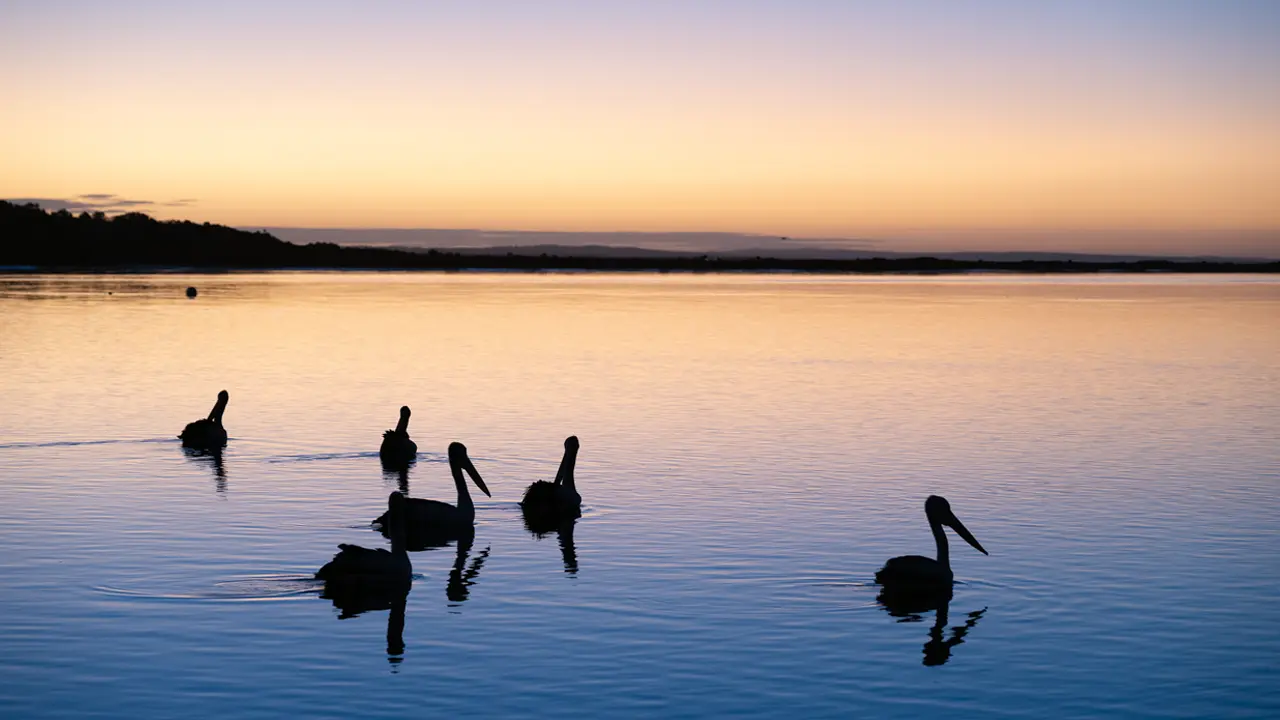Ferdinand von Mueller developed an appreciation of nature as a boy in his native Germany. After moving to Australia, he undertook many arduous plant-collecting expeditions, and was eventually regarded as one of the world’s most highly acclaimed botanists.
Story by Denis O’Byrne
At the entrance to the National Herbarium of Victoria in Melbourne’s Royal Botanic Gardens is the bust of a bearded, thoughtful-looking man bedecked with decorations. The accompanying tablet reads in part, “This plaque commemorates the life work of one of the fathers of the Garden State, Baron Ferdinand von Mueller, KCMG, 1825-1896. This distinguished botanist and explorer was the founder of the National Herbarium of Victoria. As director of the Melbourne Botanic Gardens from 1857-73, he was directly involved in their laying out and planting … His dedication to the concept of the Garden State is enshrined in the beauty of these gardens and by the many fine trees of his selection, which remain standing today.”
Ferdinand Jakob Heinrich Muller (later to become Baron Ferdinand von Mueller) was born on June 30, 1825, at Rostock, on Germany’s Baltic coast. As a child, he watched as his father and then his mother died horrible, lingering deaths from tuberculosis. These tragedies had a profound effect on the young Muller. He began to take long solitary walks in the country, possibly to escape the unpleasantness of the family home. It was on these walks that he learned to enjoy studying nature, which fired his determination to become a botanist.
This story excerpt is from Issue #49
Outback Magazine: Oct/Nov 2006









